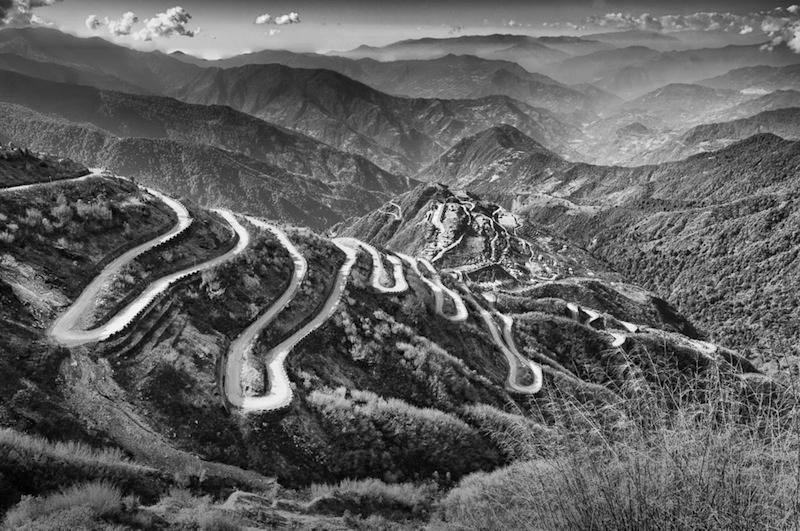As part of its ambitious plans to create a new Silk Road, the Chinese regime plans to connect Pakistan and China with roads, rails, and oil pipelines. Chinese Communist Party leader Xi Jinping arrived in Islamabad on April 20, and is expected to announce the program during his two-day visit.
Despite the show for Xi’s arrival, which included a 21-gun salute and a flyby of Pakistani jets, the events that led up to the meeting are more deserving of attention.
Xi’s trip to Pakistan was originally scheduled for last year, yet was postponed over security concerns and anti-government protests, according to Voice of America.
The problem is that the proposed China–Pakistan Economic Corridor Silk Road will run through Baluchistan Province, and a separatist insurgency and Islamist militants aren’t happy about the deal.
“Physically trying to create a new ’silk road' though this area would be met by immediate hostilities—it would be like busting into a rat’s nest,” said Dr. Robert J. Bunker, adjunct research professor at the Strategic Studies Institute, U.S. Army War College.
Bunker said, “The relatively uncontrolled border crossing areas of Iran, Afghanistan, and Pakistan and inaccessible terrain of this region are very conducive to the activities of terrorists, insurgents, and criminal groups such as al-Qaeda, the Taliban, and Jaish al Adal.”






